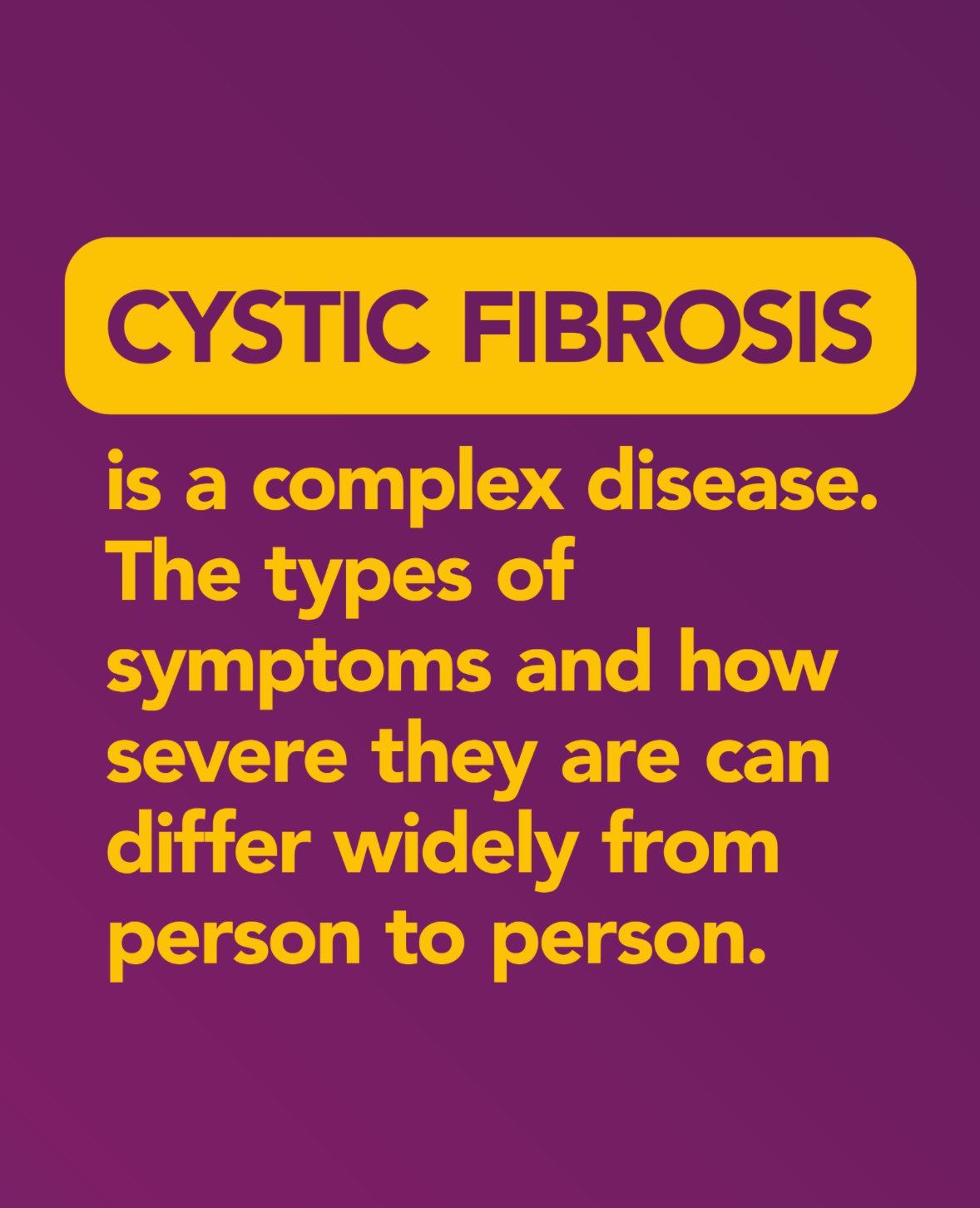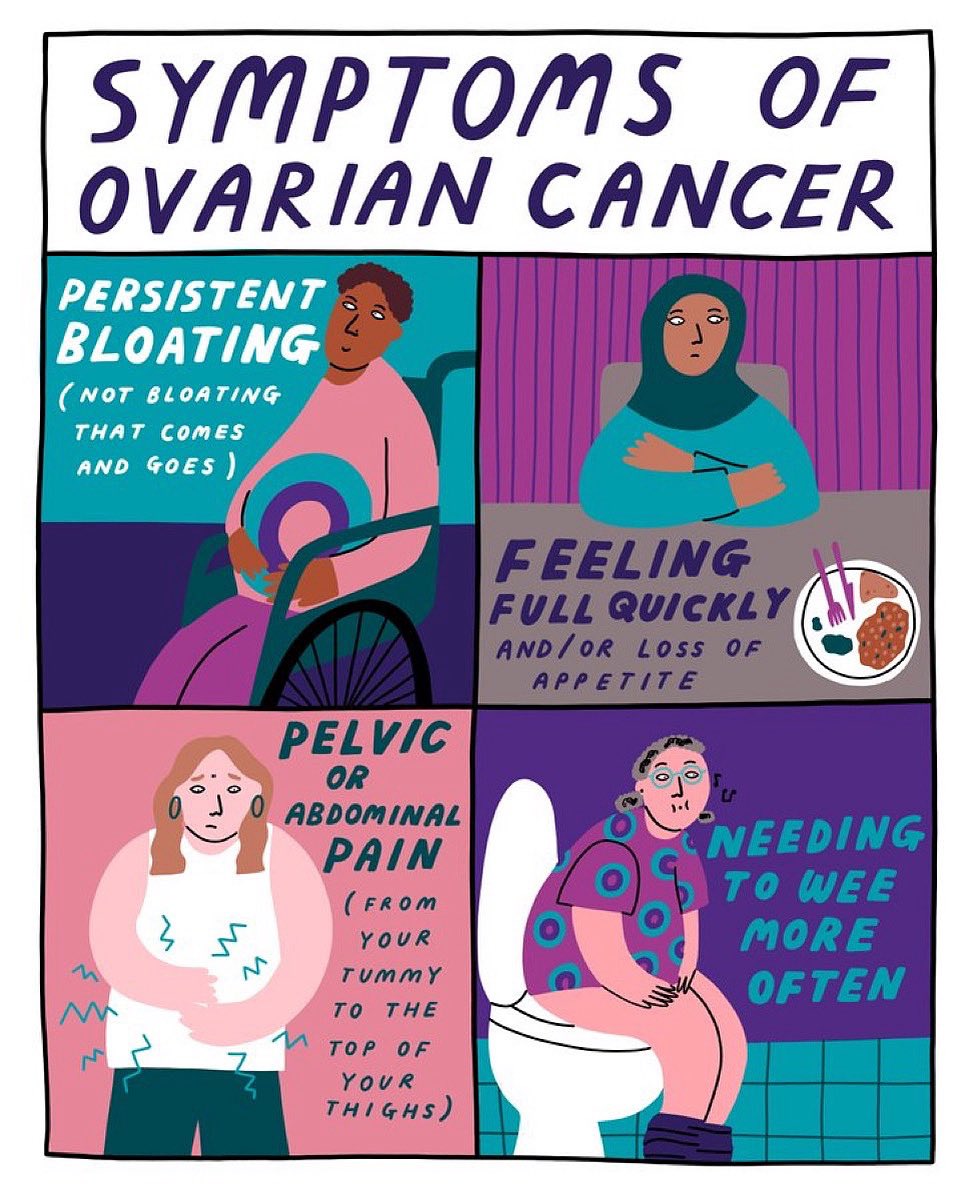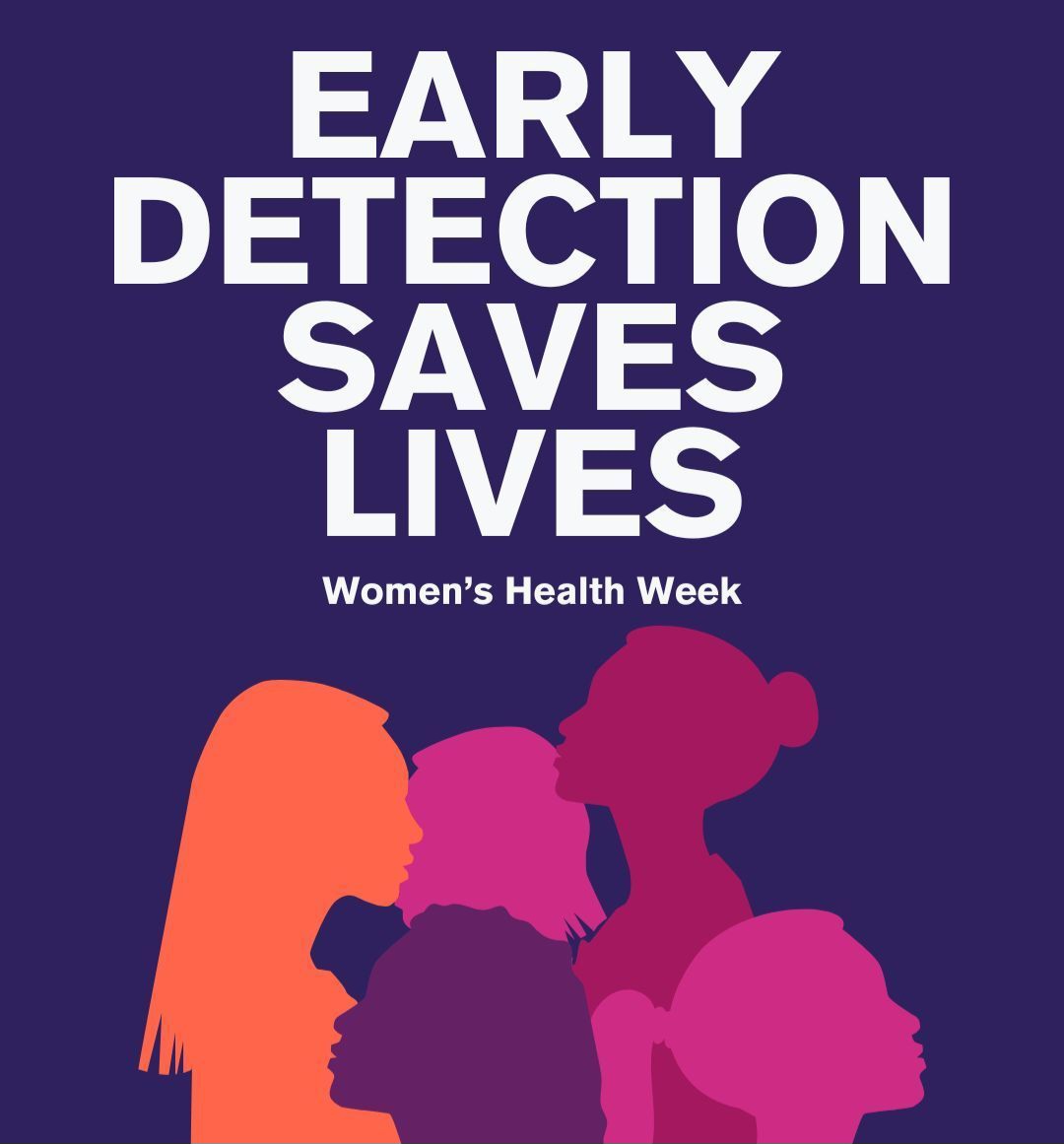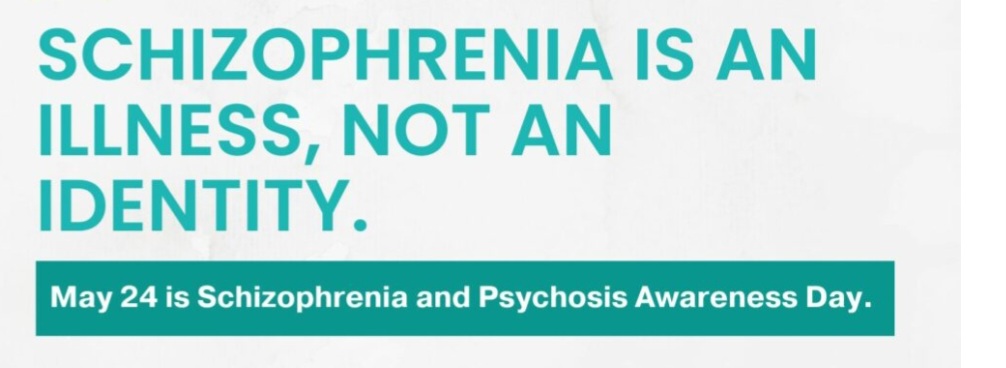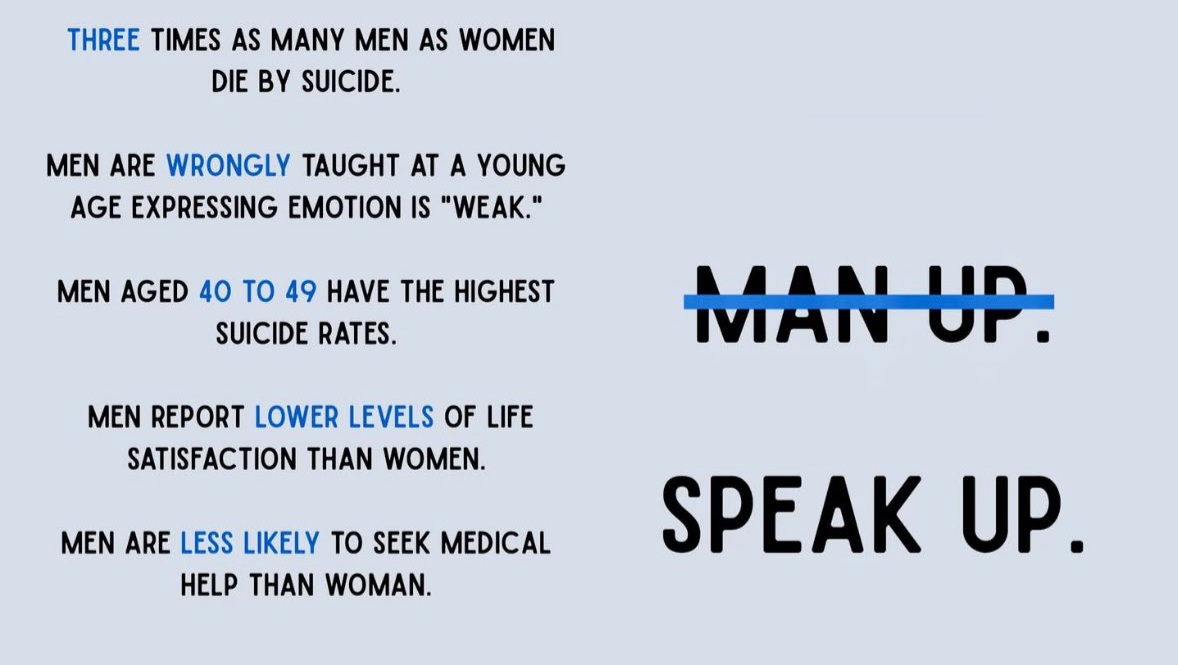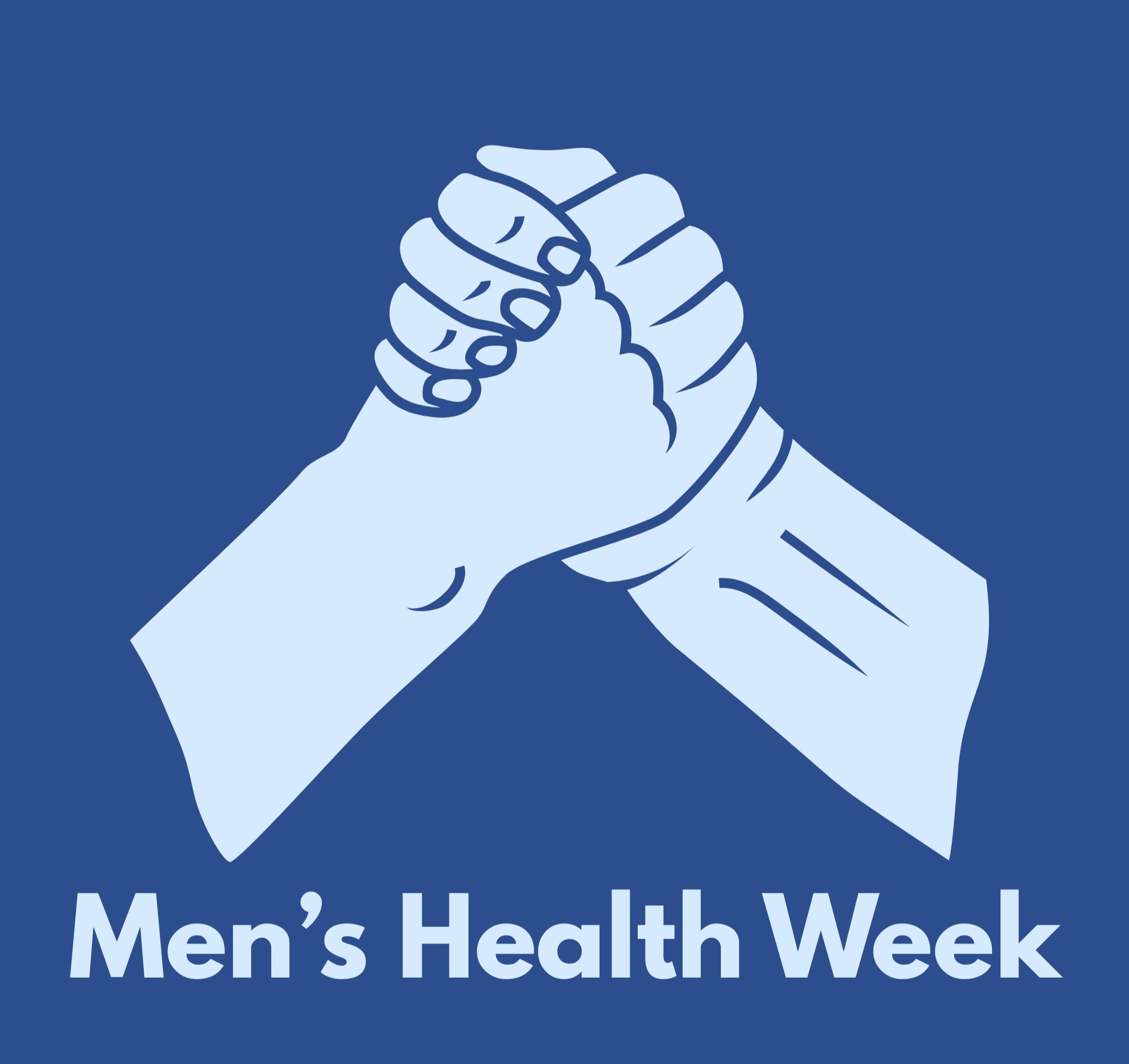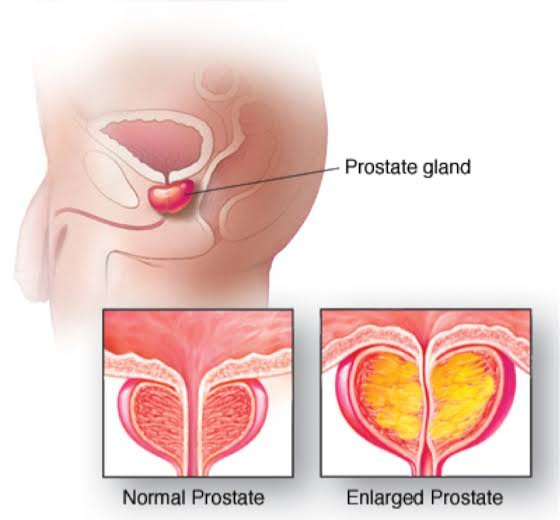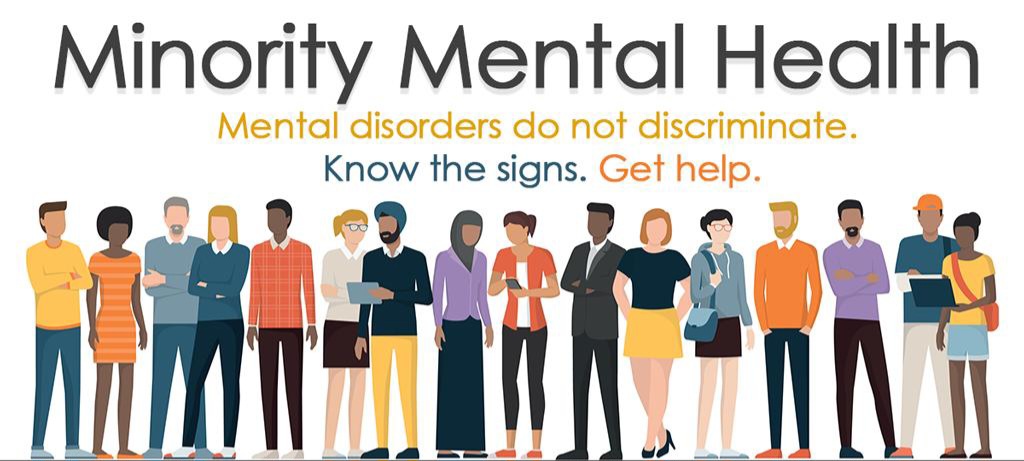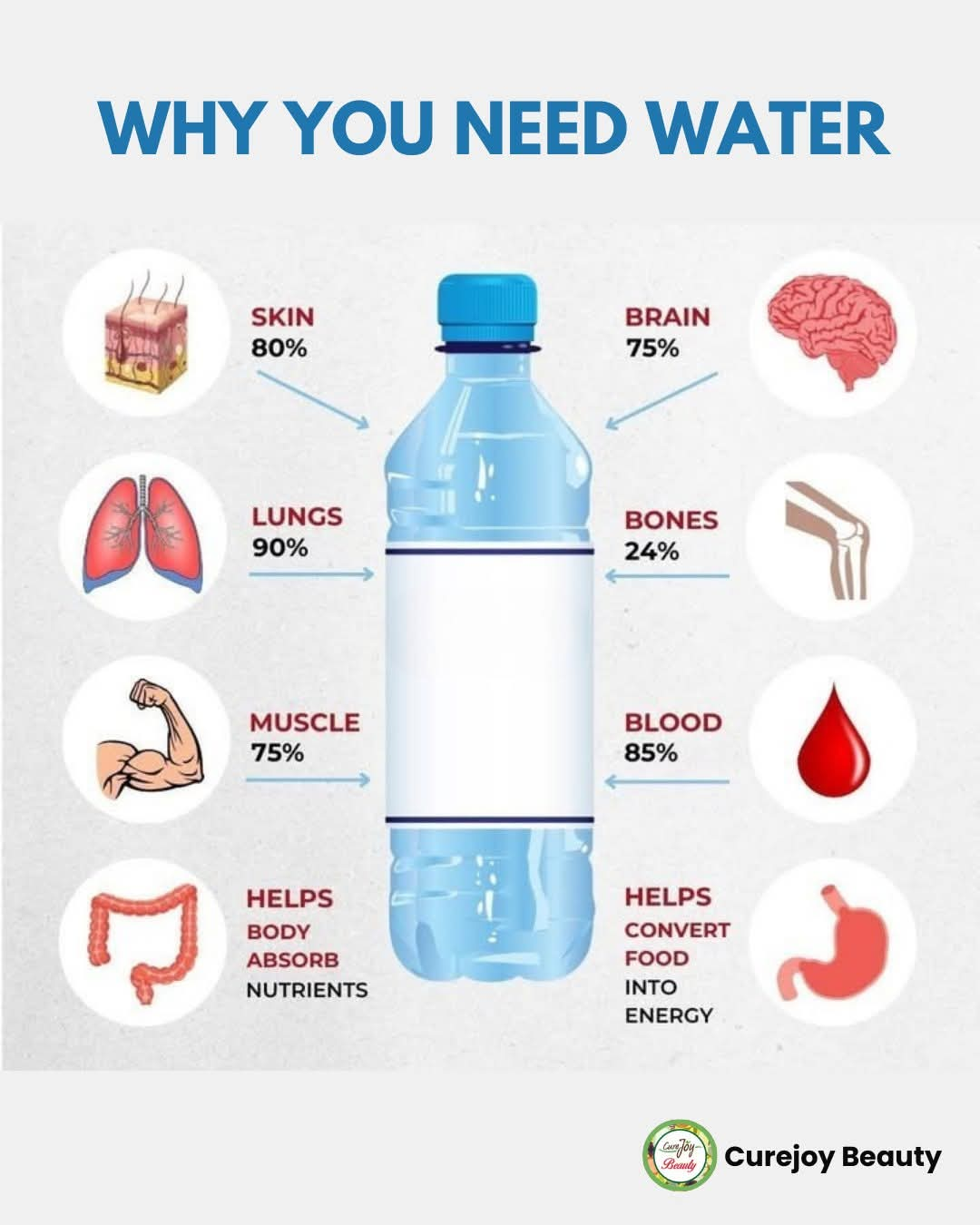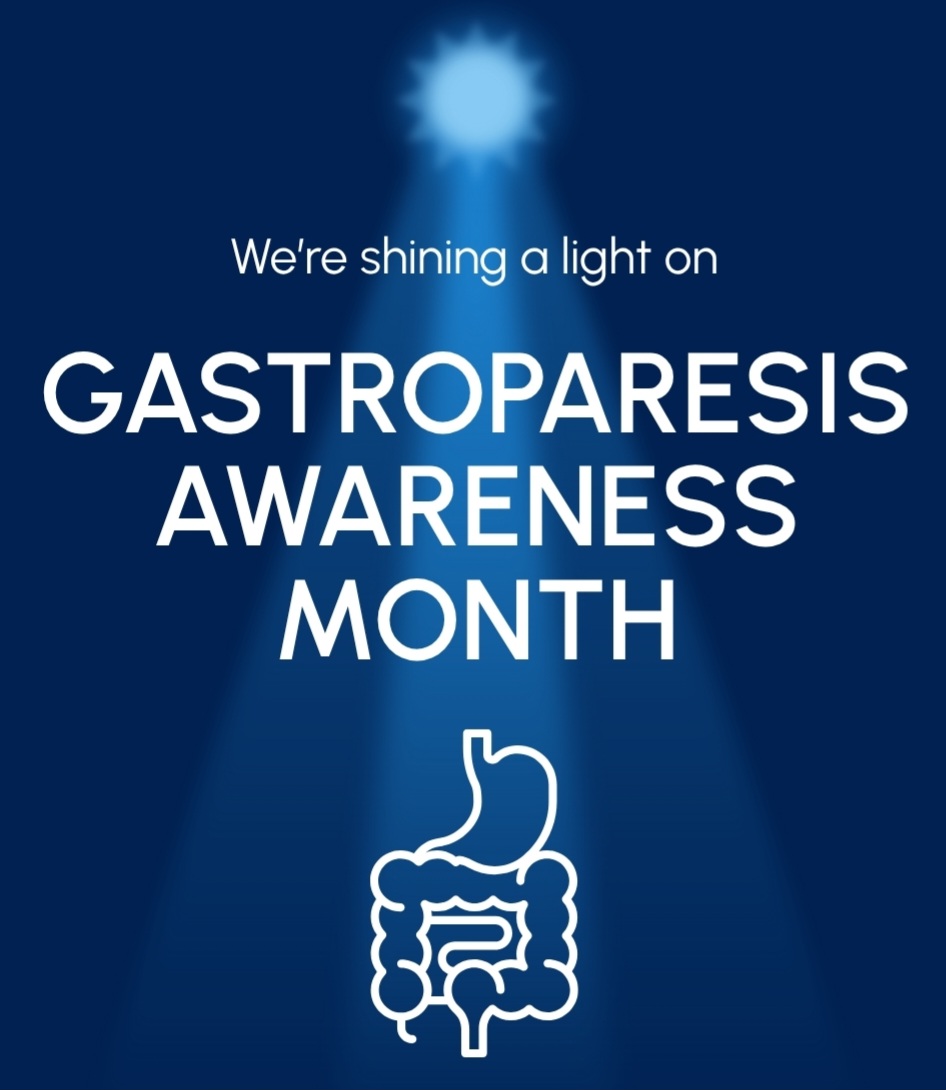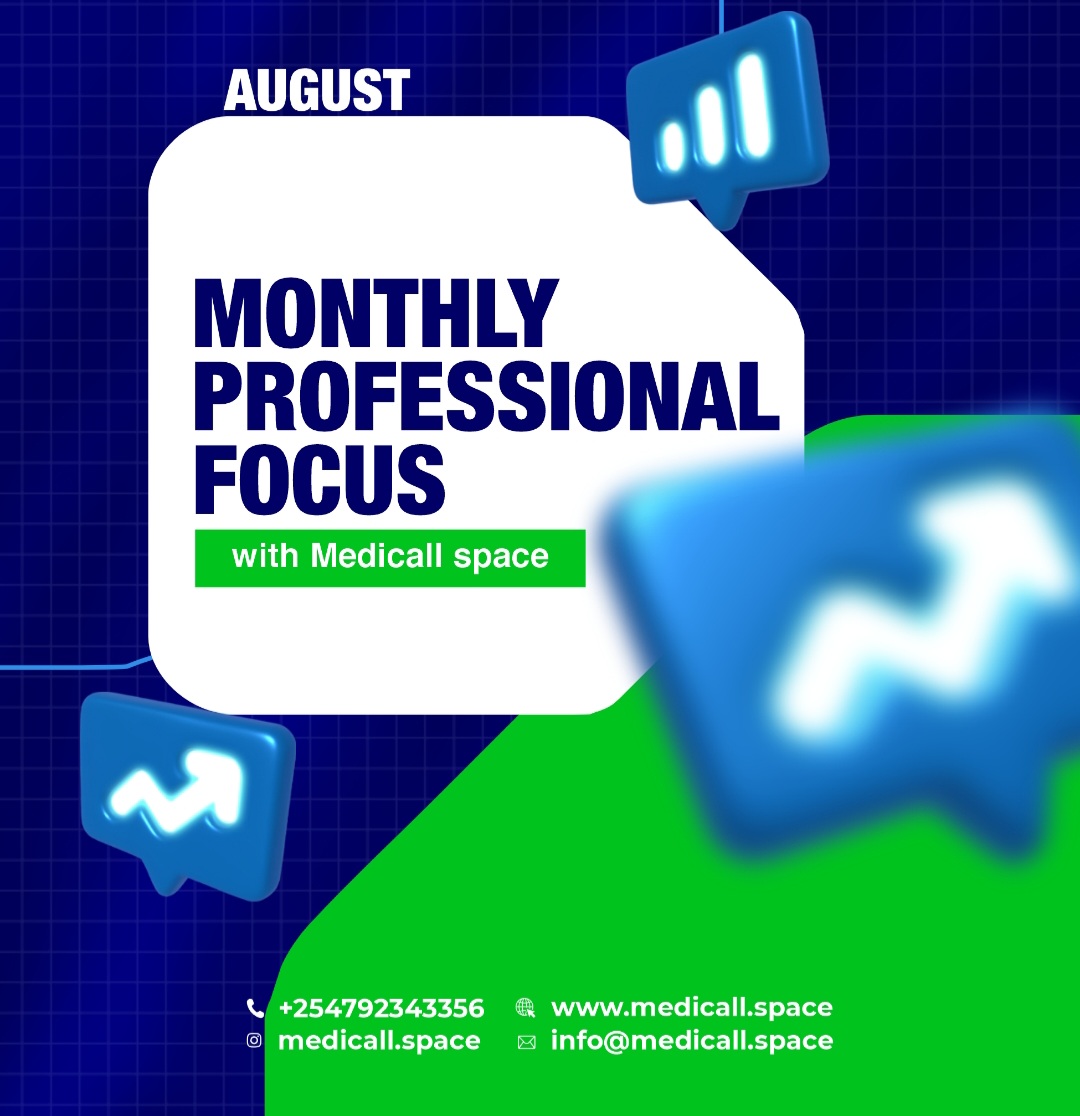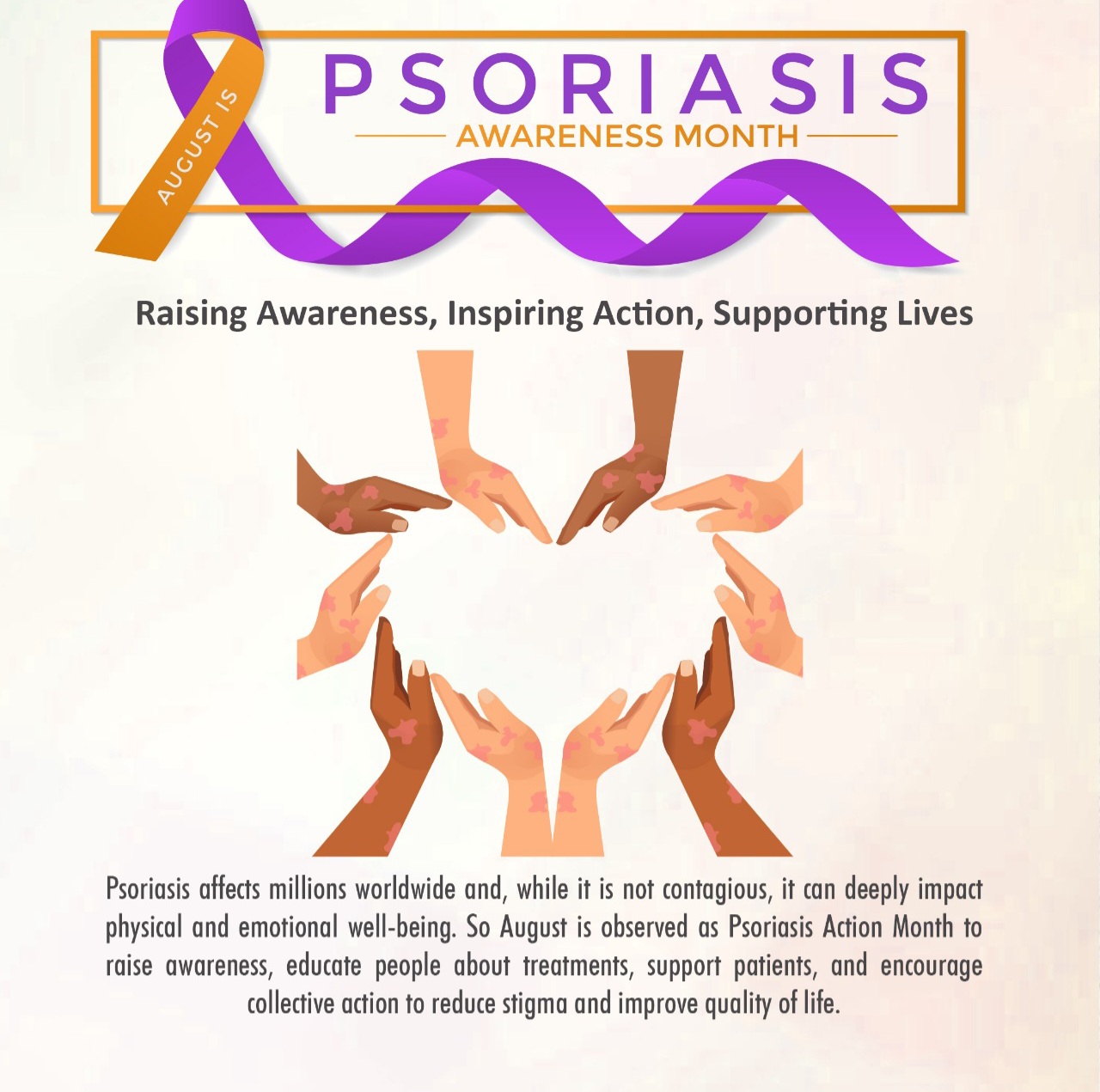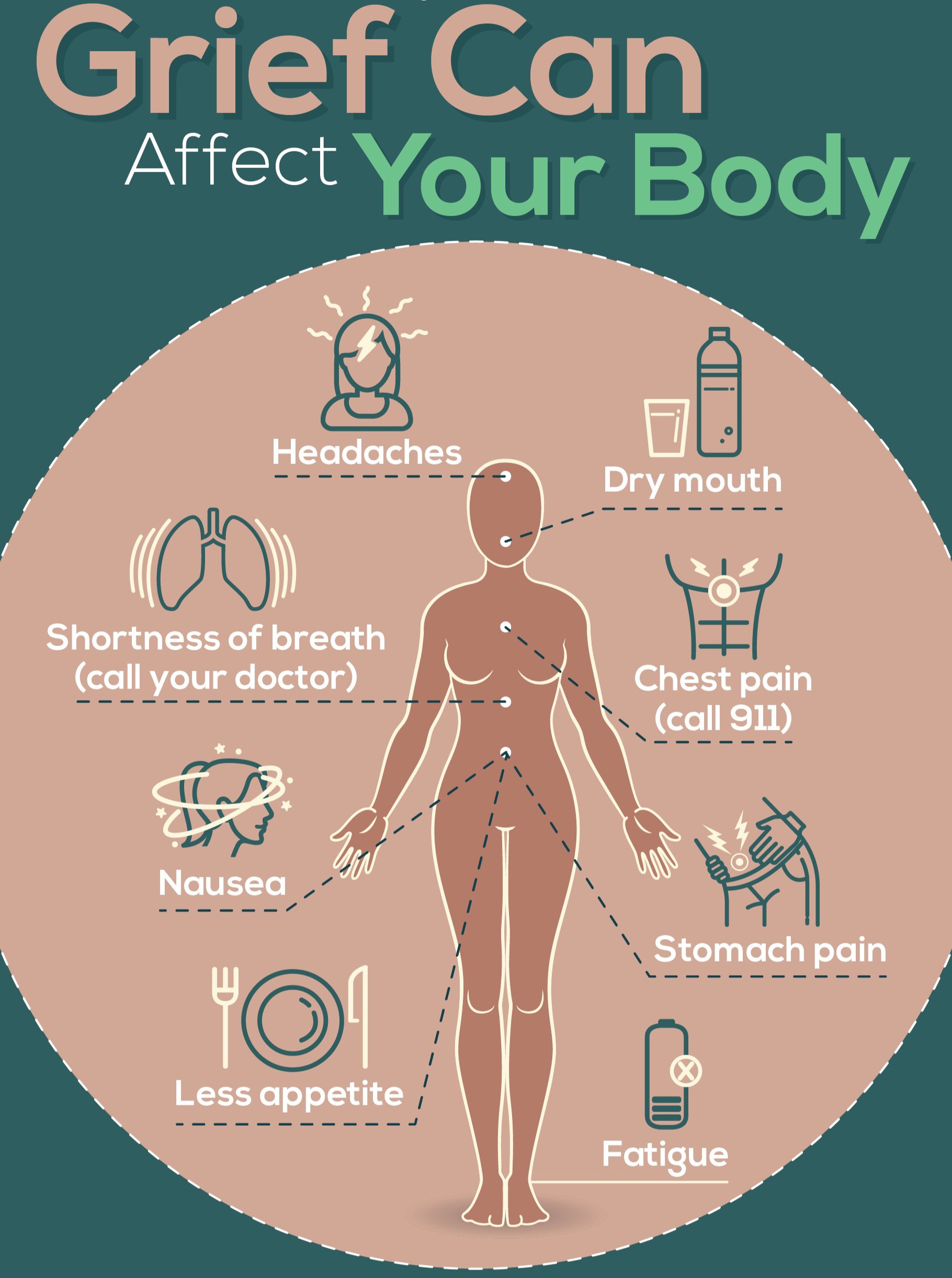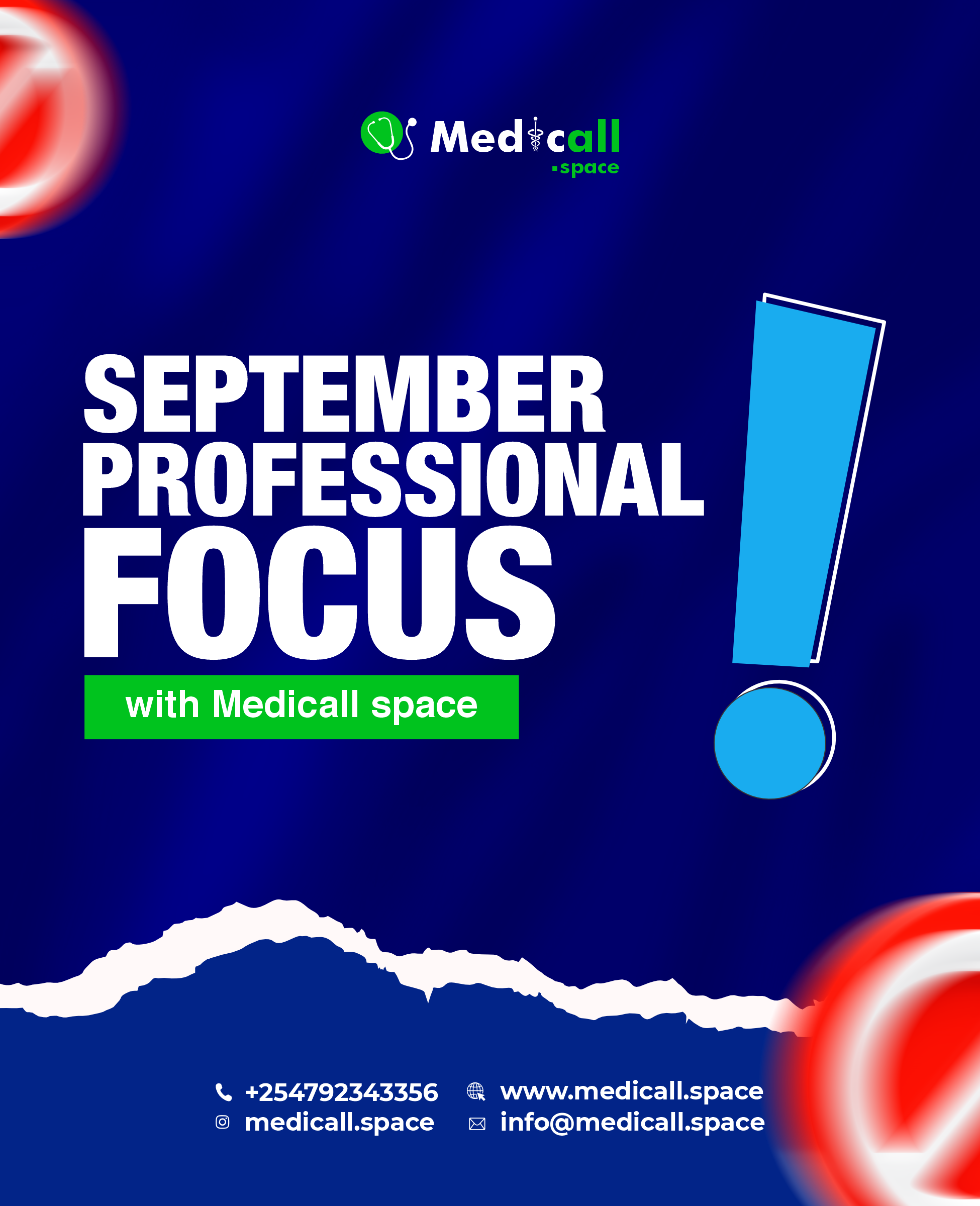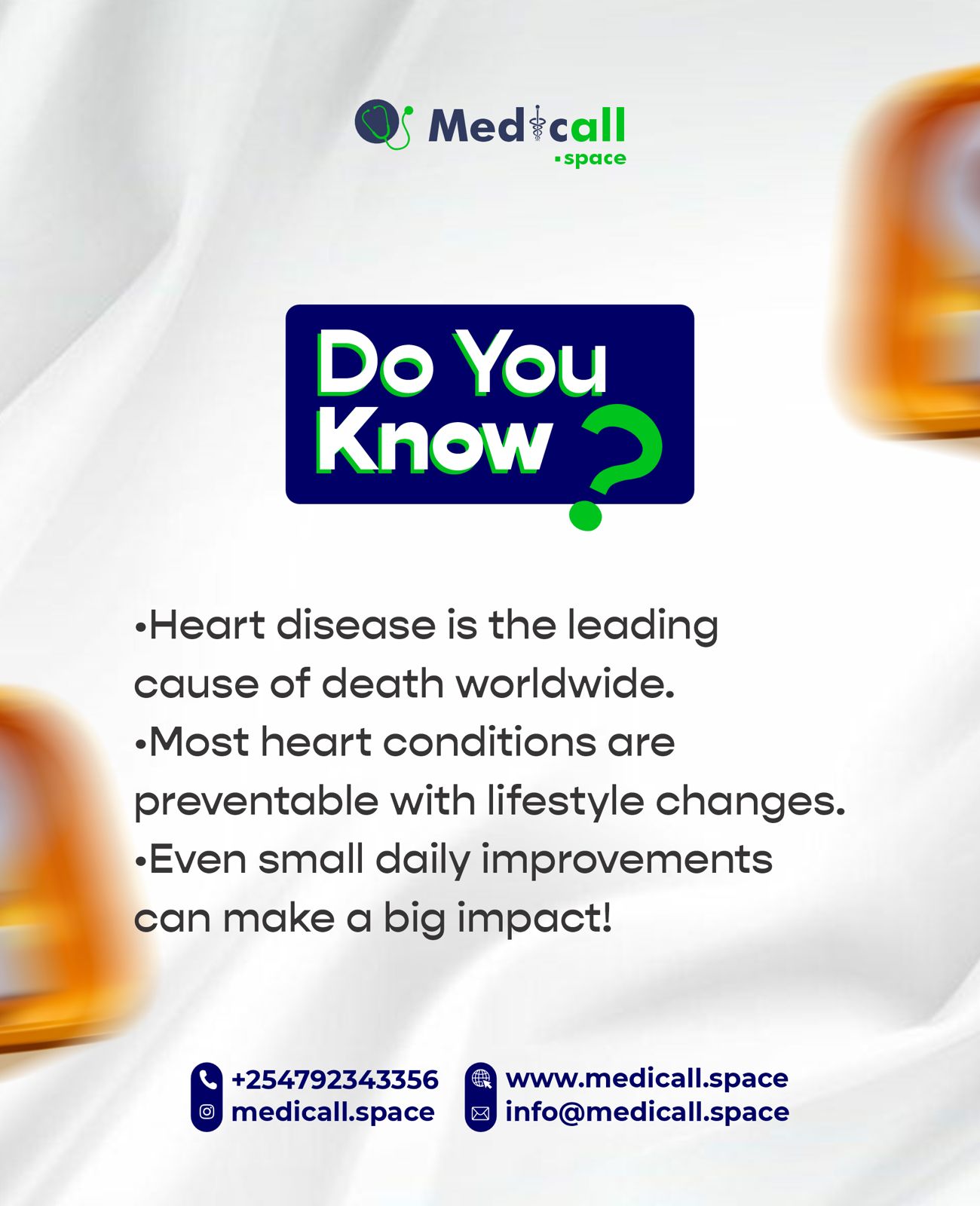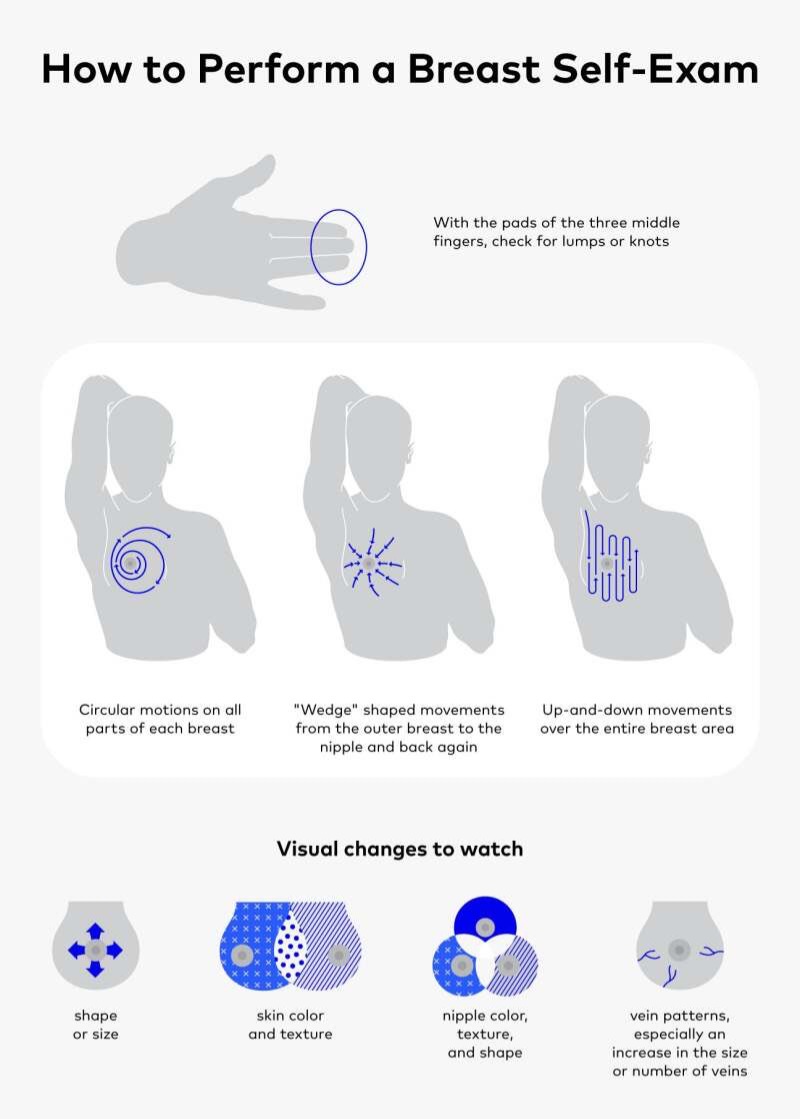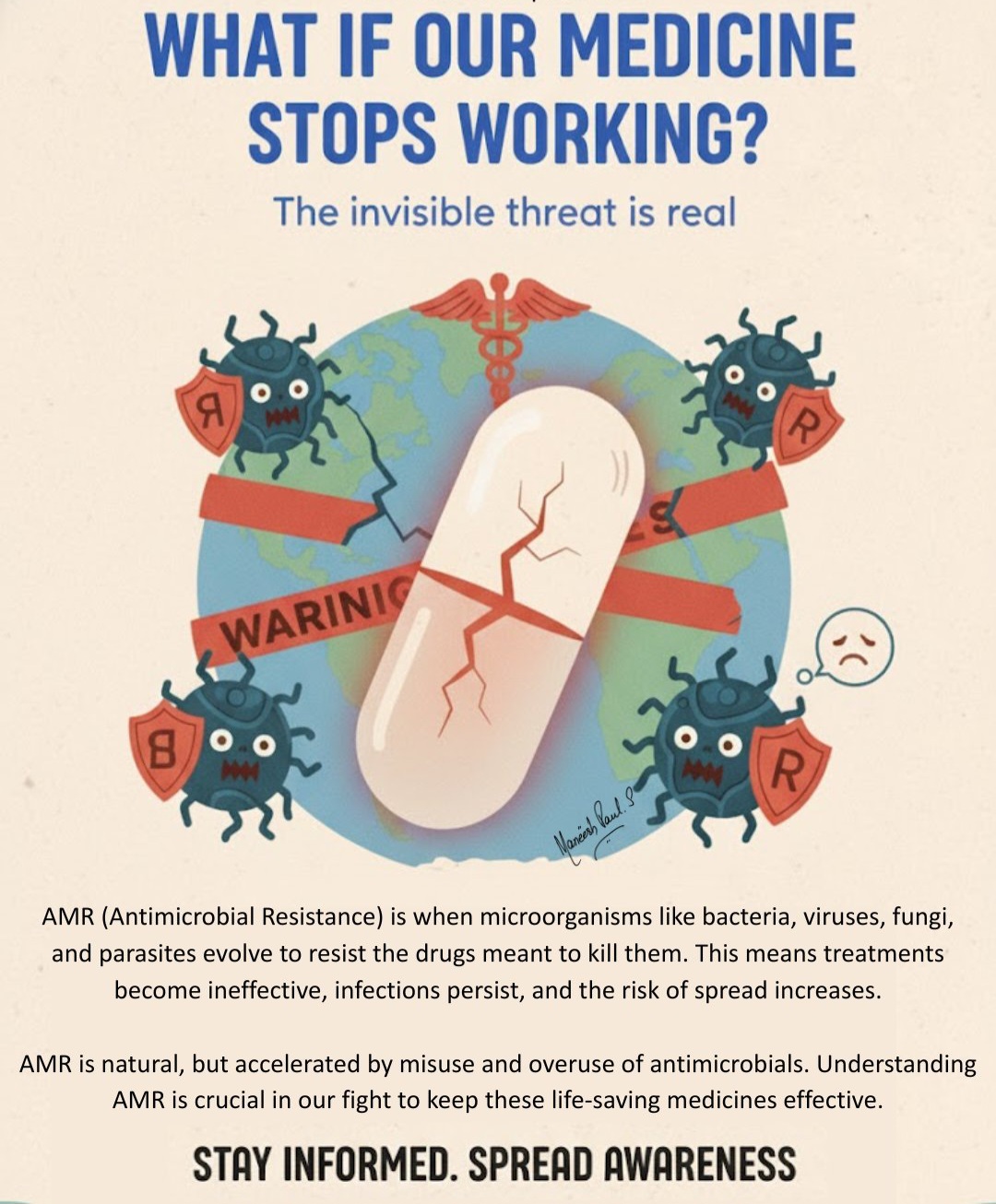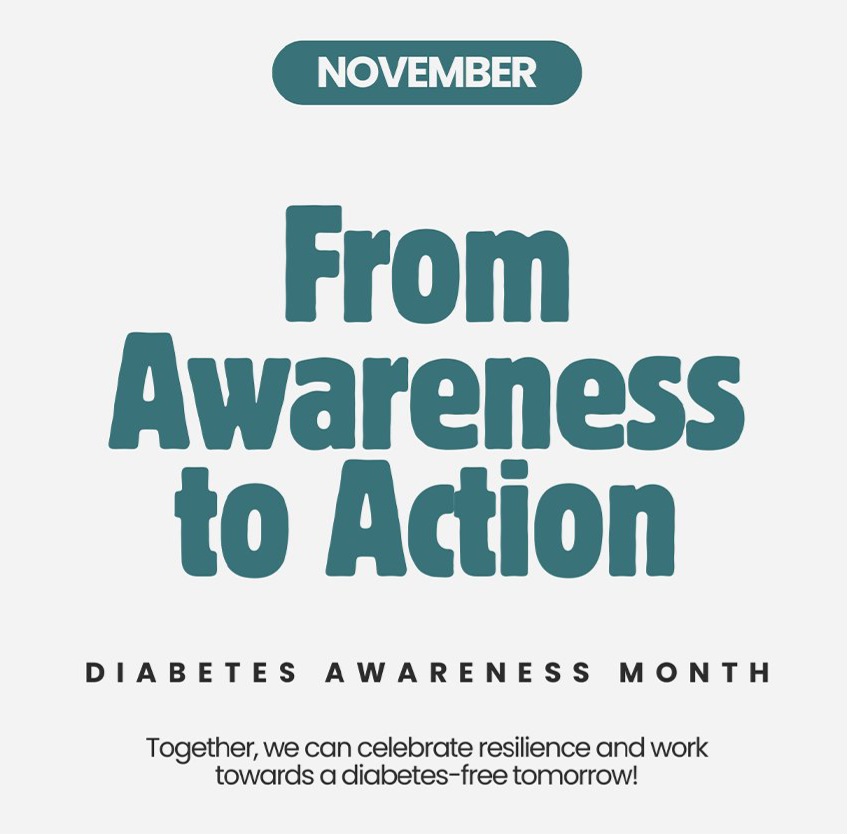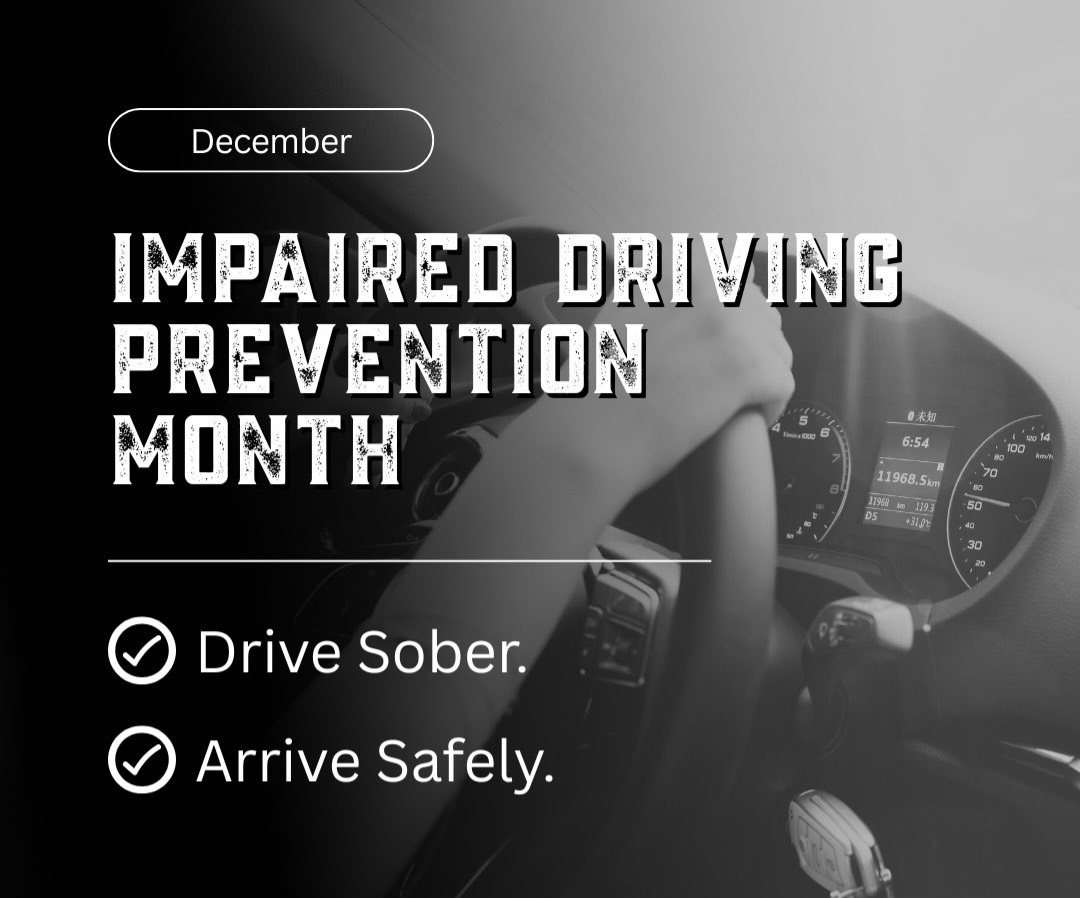What are the basic techniques for building Emotional resilience and coping strategies?
•Resilience is the ability to properly manage a stressful or a challenging situation without getting overwhelmed.
•The ability to manage a situation well helps you recover from stressful events.
•It is important to note that people respond differently to stressful events. The circumstances involved in any particular event could determine the way the situation is managed. For instance stress emanating from failure is a different circumstance from say a stressful event such as loss of a loved one.
However, the following general tips are likely to help you build resilience and make it easier for you to manage any stressful event:
- Always monitor your physical health. Stay physically active, get adequate sleep, eat a balanced diet and get enough rest.
- Develop hobbies and interests and frequently engage in them. Hobbies and interests can become a good coping strategy when dealing with stress.
- Build a support network. Support may include family, friends, workmates, peer groups or even school mates.
- Identify your triggers. This helps you to prepare on how to avoid or manage what triggers your stressful situations.
- Plan and organize your time. This can help overcome stress associated with workloads by allocating the most involving tasks to periods when you have the most energy. It also helps you organize your tasks into achievable portions.
- Seek help for tasks that are overwhelming and be clear on what you can do.
How to manage and cope with negative emotions.
•Negative emotions such as anger, frustration, fear, depression, resentment, guilt or failure make people feel bad, low in energy and lower their self-esteem.
•Negative emotion may arise from unmet needs, poor coping abilities, difficulties that arise due to life stressors and human actions. It is important to recognize these negative emotions and learn how to manage them.
The following basic tips can be useful in managing or getting rid of negative emotions:
- Recognizing the negative emotion and acknowledging them as common human reactions.
- Take responsibility for how you feel to allow you to exert your will over your emotion. Will exertion may include strategies such as reframing your thoughts to be more positive and utilisation of words of affirmation.
- Identify the source of the negative emotion and watch out for these sources to avoid them.
- Express your emotion. TALK ABOUT IT ! to gain perspective on the situation and receive support.
- Be more positive and practice gratitude to others and to yourself.
Healthy Eating Tips and Importance of Food Nutrient to mental and physical wellness?
•Nutrition and eating habits play a significant role in the physical and mental wellness of a person.
•A healthy diet also protects against many chronic non-communicable diseases such as heart disease, diabetes and cancer.
•A healthy diet mainly comprise combination of foods such as; fruits & vegetables, foods from animal sources (meat, fish, eggs and milk), legumes, staples like cereals or starchy tubers or roots like potato, yam, cassava etc.
•The WHO recommends that healthy diet should start early to avoid malnutrition i.e. babies and young children should be properly breastfed from birth until your child is 2 years or older.
•It is also vital to introduce the child to a variety of nutritious foods at 6 months of age to complement the breast milk.
Tips for Healthy eating habits include:
•Eating plenty of vegetables and fruit. These foods are rich in vitamins, minerals, dietary fiber, proteins and antioxidants. The nutrients significantly lower risk for obesity, stroke, heart disease, diabetes and some types of cancer.
•Limit intake of sugars. WHO recommends that sugar content should be less than 10% of your total energy intake? Lower amounts are even more beneficial. It is advisable to consume fresh fruits instead of cookies, snacks, cakes or chocolate. Additionally, limit intake of soft drinks such as soda, juices, and flavored drinks.
•You should limit your salt intake to less than 5g per day. This can be achieved by limiting the amount of salt and other sodium containing products such as sauces when cooking. High salt content is associated with increased risk for hypertension and heart disease.
•Eat less fat. Eating too much fat especially saturated and industrially produced trans-fat increases the risk for stroke and heart disease. Unsaturated vegetable oils is preferred. Unsaturated fats are vital to physical and emotional health.
Healthy eating is not all about strict limitations or depriving yourself of certain foods, rather more focus should be on the overall quality of your diet. You can achieve achieve this by taking note of the following:
- Healthy foods are mostly food stuffs in their most natural state. Focus on minimizing processed foods.
- You can regularly cooking your meals at home to monitor what is added to them.
- Always listen to your body. How you feel after eating.
- Drink plenty of water.
- Always moderate the quantity of your meals. You should feel satisfied after a meal but not stuffed.
- Beware of emotional eating. Avoid habits such as turning to food to cope with boredom or stress.
- It is advisable to eat well earlier in the day when the body is most active and smaller meals through the day.











































































































